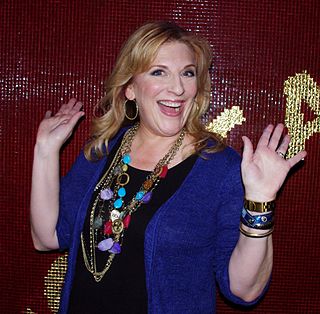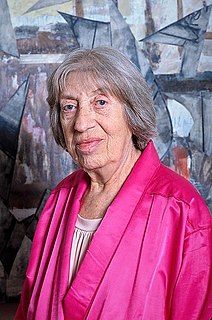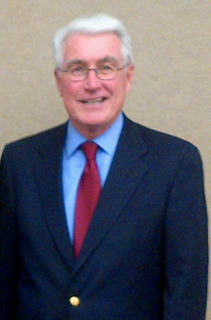A Quote by Imelda May
I like the idea that Ernest Hemingway always wrote about certain things he knew, he knew the ins and outs, back to fronts of what he was talking about. I love that as an inspiration for myself, to keep it true to what you know. I'm always writing little lines and saving them for later.
Related Quotes
"Only write what you know" is very good advice. I do my best to stick to it. I wrote about gods and dreams and America because I knew about them. And I wrote about what it's like to wander into Faerie because I knew about that. I wrote about living underneath London because I knew about that too. And I put people into the stories because I knew them: the ones with pumpkins for heads, and the serial killers with eyes for teeth, and the little chocolate people filled with raspberry cream and the rest of them.
In writing you work toward a result you won't see for years, and can't be sure you'll ever see. It takes stamina and self-mastery and faith. It demands those things of you, then gives them back with a little extra, a surprise to keep you coming. It toughens you and clears your head. I could feel it happening. I was saving my life with every word I wrote, and I knew it.
It's a little bit like talking about the life of writing. The life of writing may be about many things, but it always begins with the writer. With the kernel of an idea, or a character, or an idea or a theme, or even an outcome. But for documentary photographers, photographs begin at that intersection of the real world and the imaginative inner world.
I always wrote. I wrote from when I was 12. That was therapeutic for me in those days. I wrote things to get them out of feeling them, and onto paper. So writing in a way saved me, kept me company. I did the traditional thing with falling in love with words, reading books and underlining lines I liked and words I didn't know.
Do you think that Hemingway knew he was a writer at twenty years old? No, he did not. Or Fitzgerald, or Wolfe. This is a difficult concept to grasp. Hemingway didn't know he was Ernest Hemingway when he was a young man. Faulkner didn't know he was William Faulkner. But they had to take the first step. They had to call themselves writers. That is the first revolutionary act a writer has to make. It takes courage. But it's necessary
I was always accused of being too stiff. In 1974, when I ran my first primary race for state rep, I was chief aide to the speaker of the House, I knew the issues and understood state government. But what I found out the hard way is that you can know all the ins and outs but people want to know you, your family.



































